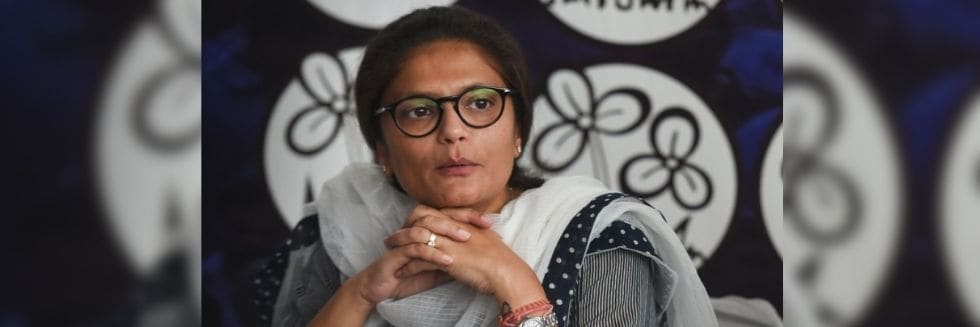A family Court in Delhi recently granted divorce to a couple while suggesting that prenuptial agreements should be made mandatory before marriage to make couples aware of the future risks of marriage and to avoid law-induced mental cruelty against each other.
Judge Harish Kumar from the Patiala House Court granted divorce to a couple who had been fighting a case for over 7 years. The couple got married in 2011. They refused to get a divorce through mutual consent and had been accusing each other of cruelty.
“Time has come to make a compulsory prenuptial agreement to be executed before appointed authority after counselling of the parties about the possible risk of marriage going haywire for a variety of reasons and making it mandatory to report breach every time a breach occurs under…. making it further clear that if the breach is not reported he/she would not be heard later on,” Judge stated in the court.
The Court found out that their relationship turned sour even before having a child in 2014. The differences were beyond their respective tolerance. They even approached different authorities to solve their grievances.
The man had filed a petition for divorce in 2016 on the grounds of cruelty in a family court in Mumbai. In response, the wife also filed a divorce petition under Sections of The Protection of Women from Domestic Violence Act, 2005.
The Case was later transferred to the Delhi court in February 2023.
The court noted that although both parties were inclined to end their marriage, they were unable to reach a consensus on mutual consent divorce. As per the legal requirements, the parties must jointly file a single petition for divorce.
Another legal stipulation mandates that the parties must cohabit for a period ranging from six to 18 months following the filing of the divorce petition, providing them with an opportunity to reassess their decision to terminate the marriage.
“In the present case, their respective decisive willingness to dissolve their marriage is continuously present for the last seven years but simply because willingness/consent were not in the particular form required under Section 13B of the HMA both have been suffering because of each other’s respective pleaded case/stand,” the Judge said.
Highlighting the surge in such instances in India, the court pointed out that the majority of these cases lack genuine cruelty. However, the existing laws are structured in a manner that compels couples to resort to the court, levying allegations against one another, without alternative options.
Based on the latest data from the National Crime Records Bureau (NCRB), nearly one-third of reported crimes against women were recorded under the category of “cruelty by husband or relatives.” Nevertheless, the conviction rates for these cases were notably low.
The Court went on to note that refusing to grant the couple divorce would cause law-induced mental cruelty and that dissolving their marriage was the only way to provide quietus to their unending matrimonial acrimony.






